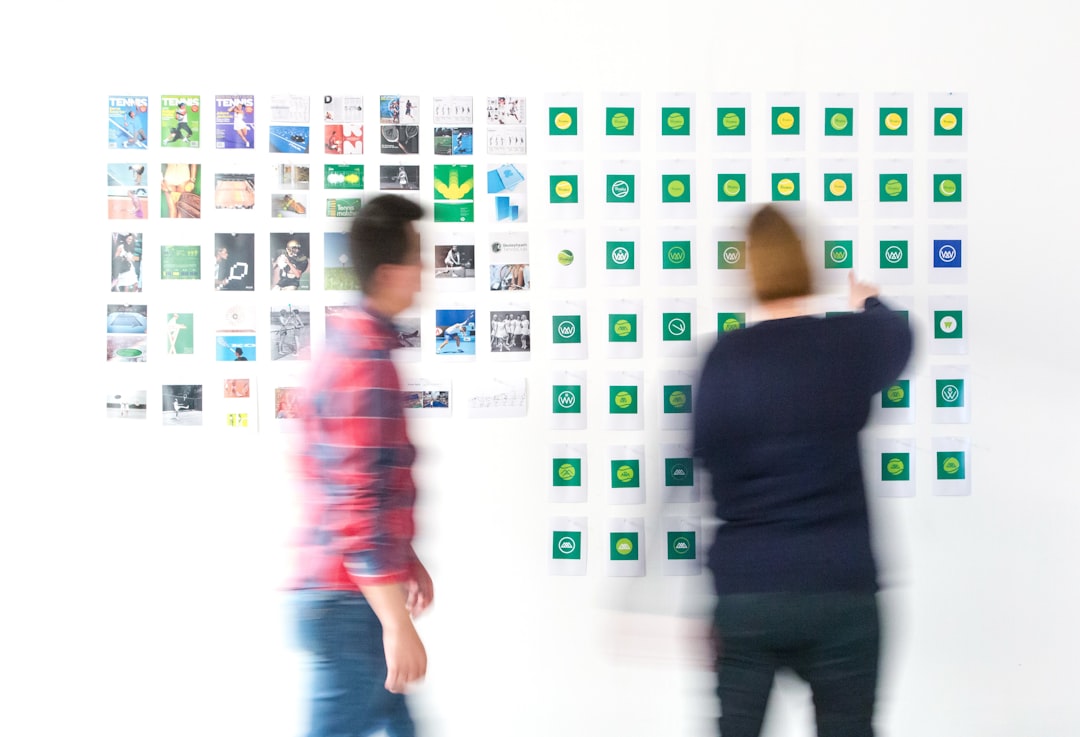What is it about?
In this article, we developed a model using a linguistic based theoretical and analytical tool— semiotics. The model explored an alternative perspective for evaluating the quality and reliability of sustainability reports. We argue that the quality of CSR communication might better be construed when the texts of the narratives are subjected to linguistic analysis using semiotics. We therefore employed a combination of the Greimas' canonical narrative schema and the semiotic square of veridiction to evaluate the quality of CSR activities and communication.
Featured Image

Photo by pine watt on Unsplash
Why is it important?
Evaluating the quality of CSR reports is important because CSR information is intended to show the intrinsic values of the organization. It is an opportunity for firms to talk their organizational values into existence in an attempt to channel the 'intrinsic flux' of the targeted audience toward certain ends. Making sense of CSR information as reported is therefore central to determining the quality of the reports. Our two-phase model is a valuable and timely tool for both management and researchers. It can be used either as a qualitative analysis or as a quantitative measure of CSR quality. As a qualitative analytical tool, it can be used to evaluate the reality and transparency of the underlying organizational values being communicated by the reports. As a quantitative measure of CSR reports quality, the model can be used for statistical analysis by generating quality score for CSR activities.
Perspectives
Writing this article was indeed a delight as it provided a distinctive and unique opportunity to contribute to CSR communication research. Our theoretical-cum-methodological perspective provides distinctive insights into how to evaluate the quality of CSR communication. This is particularly important for management as it will facilitate a trend analysis of the firm’s performance in each CSR area over a period of time, which can be a valuable way to monitor the firm’s progress and hence provide an opportunity to improve in that CSR area. It can also serve as a valuable and handy tool for an investor in making important economic and social decisions.
Prof Kemi Yekini
University of London
Read the Original
This page is a summary of: CSR Communication Research: A Theoretical-cum-Methodological Perspective From Semiotics, Business & Society, May 2019, SAGE Publications,
DOI: 10.1177/0007650319843623.
You can read the full text:
Contributors
The following have contributed to this page










